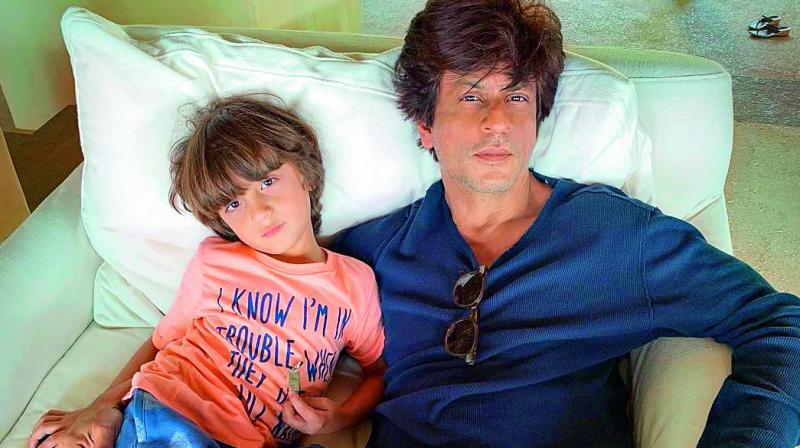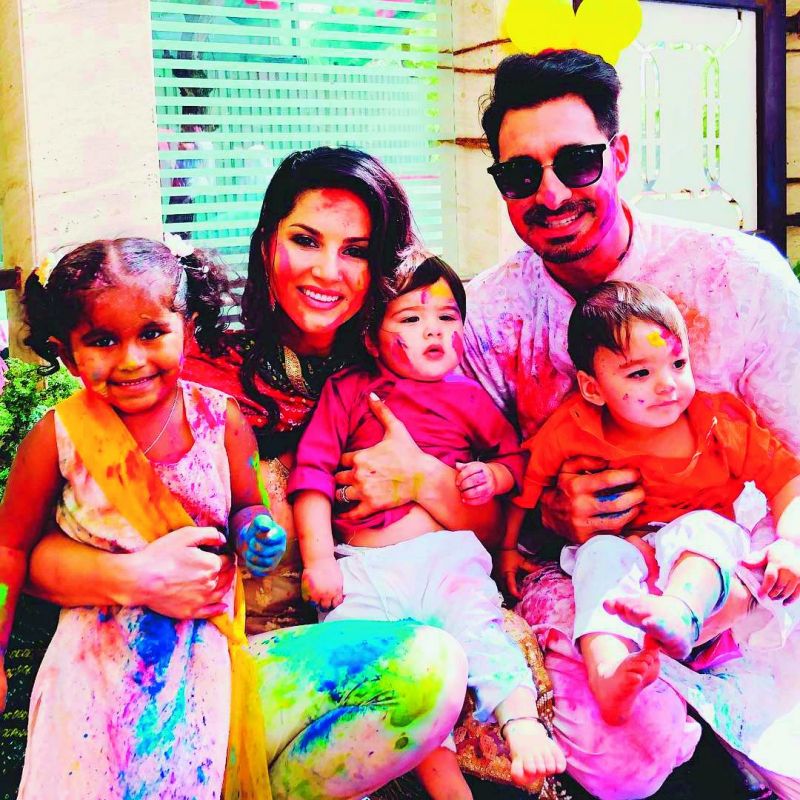Bollywood not yet ready for surrogacy?

It’s a conjecture that real life finds a way into reel life, but the Bollywood industry is an expert in conveniently telling stories sans subjects that are considered taboo in our society. Surrogacy is one such topic, which despite many Bollywood stars opting for it, fails to be properly represented in mainstream Bollywood films.
If at all, attempts have been made to tell stories about surrogacy, it has been in independent or offbeat cinema. The director duo Abbas-Mustan were the first filmmakers who incorporated surrogacy in the main plotline in their 2001 film Chori Chori Chupke Chupke. The film was embroiled in controversy since it dealt with ‘unconventional’ surrogate childbirth. In 2002, Meghna Gulzar also depicted the topic in her debut film Filhaal. Onir’s short I Am Afia from I Am also talks about surrogacy. However, today’s directors and writers feel that the concept of surrogacy needs to be properly depicted on celluloid as people have many misconceptions about it.
Echoing that thought, writer Garima, who is now writing a film on surrogacy tentatively titled Jasmine says, “The concept needs to be cleared. You don’t have to sleep with a man to be a surrogate mother and that’s what we want to educate people through our film.”
The irony in the way the topic is completely avoided or misrepresented on screen lies in the fact that several celebs from the film fraternity have themselves opted for surrogacy as a means for parenthood. From Shah Rukh Khan, Aamir Khan, Karan Johar, Sunny Leone, Tusshar Kapoor and most recently his sister Ekta Kapoor are some of the big wigs who became proud parents via surrogacy. Moreover, the rumours of Salman Khan opting for it fails to die down.
 Sunny Leone and her family.
Sunny Leone and her family.
But, still, it continues to be a topic that producers don’t want to spend their money on. Onir, whose I Am Afia is one of the few films to depict surrogacy, reveals the struggle in finding financers for this subject. “When we started the project, one of the given things was that we would not get finance. So, having known that right from the beginning, it doesn’t get difficult because you don’t expect it. Then, we didn’t even have the support system of digital space to fall back on,” he says. Jasmine is also one such project that is struggling to find a financer.
Adding to this, Siddarth Singh, the co-writer of Jasmine, reveals along with finding financers, actresses are also uncomfortable in playing a pregnant woman on screen.
“Surrogacy is not fully into the mainstream yet. In that case, it wouldn’t take three years for us to find a mainstream producer. The heroines in our industry are so conscious to play a pregnant woman even though it is just a montage in the film. Why is surrogate mother only looked at as a pregnant woman ? She’s a whole person. We have actors who have not agreed to meet simply by hearing that you have to get pregnant for some shot in the film,” he reveals.
Although, change seems to be brimming around the corner as some of the upcoming projects will be taking the subject head on. Kriti Sanon will be seen playing a surrogate mother in a film. Besides, Patralekha is seen as a surrogate mother in Badnaam Gali. Kareena Kapoor Khan and Akshay Kumar’s Good News is also touted to be a film on a similar concept, however, the makers have not clarified it yet. In fact, Tabu, who did Filhaal 15 years ago, also feels that the film is much more relevant now and should have released now. “I was talking to someone and we were discussing that the film should have released now. It was ahead of its time, ” says the actress.
So what does Patralekha, who is an actress from the present batch of actors, thinks about the tabooed subject in her recently released film? “Surrogacy is considered as a taboo in our society. If somebody is ready to give her womb for somebody else’s happiness even if it’s monitory or for a relative, I think it’s fine. You are bringing happiness for someone at the end of the day,” she concludes.

